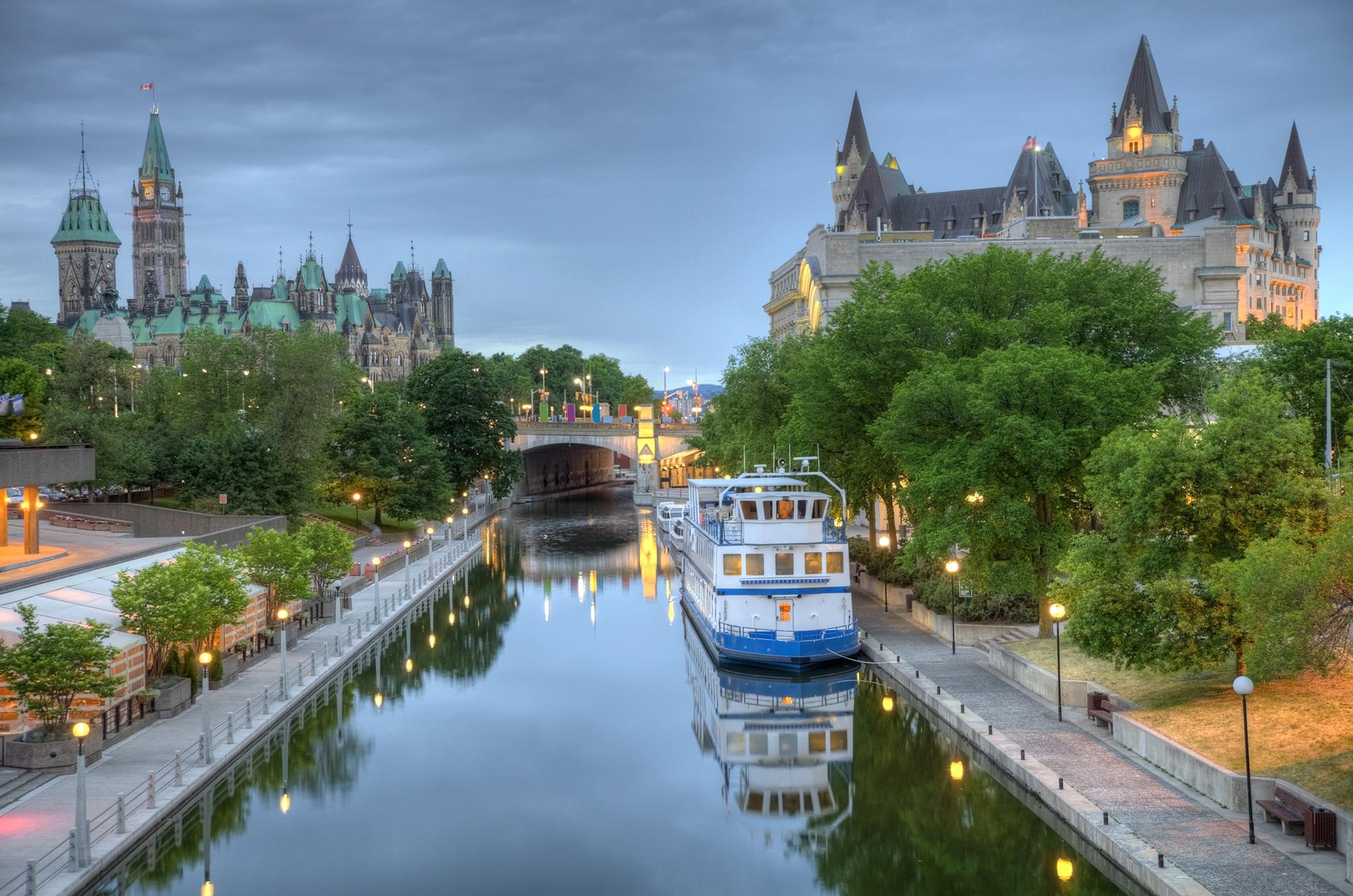Should I cancel my holiday due to unrest in Ecuador?
Simon Calder answers your questions on Foreign Office guidance, flight safety, drinks packages and travel insurance for the more mature among us


Q Fourteen months ago my friend and I booked a luxury holiday to Ecuador, including the Galapagos, costing over £6,500 each. We are due to travel on 30 October. But the current Foreign Office advice is to cancel all but essential travel.
I really don’t want to be rerouted anywhere else and am now not keen on going to Ecuador even if the travel ban is lifted a few days before. How do we stand in terms of getting a refund?
Kathryn F
A At the start of October, the government of Ecuador imposed new austerity measures. Within a couple of days, serious unrest began in protest against the rule of President Lenin Moreno.
A state of emergency has been declared until 3 November.
The Foreign Office warns of “nationwide disruption, with demonstrations and road blockages in many provinces”. As you say, its official advice is “against all but essential travel” – though a specific exemption is made for the Galapagos and the necessary transit through Quito or Guayaquil airport.
I can see three options for you, assuming that you were booked originally to spend at least some time exploring mainland Ecuador.
First, you can ask for a full refund, on the grounds that you cannot be expected to visit somewhere that the Foreign Office warns against going. Fortunately you have booked a package holiday, so you should get all your money back.
Next, you could negotiate with the tour operator for a trip that preserves the Galapagos segment but removes your mainland Ecuador experience – you would of course expect a proportionate refund for this.
Finally, the holiday company may be able to offer a different South American experience – perhaps involving neighbouring Colombia. The opportunity to visit highland landscapes, Caribbean beaches and colonial towns could comprise a rewarding alternative.
But crucially your travel firm does not need to offer any of those right now. It appears that the government in Ecuador has backed down and that life may swiftly return to normal. The holiday company naturally wants to provide the trip as planned.
If the Foreign Office removes its warning in the next 11 days, then your trip can go ahead – and I am afraid that “disinclination to travel” is not a reason for a refund or an insurance claim.
Unsettling though it is, I am afraid that all you can do is wait a few more days.

Q I am obliged to fly to Kiev with work next month, and I am an extremely anxious flyer. I have the chance to go business class on Ukraine International, but is Wizz Air deemed safer?
Name and address supplied
A I have flown many times on both Ukraine International and Wizz Air, two of the three airlines that fly between London and Kiev.
In terms of your main concern, safety, there is nothing to choose between them: in common with many relatively young airlines, neither has ever had a fatal accident. But as you are concerned about safety, I am surprised you have not mentioned Ryanair.
The airline flies from Stansted (and Manchester) to Kiev, and tends to have lower fares than its rivals. More importantly, Ryanair is the safest airline in the world in terms of the number of passengers flown without any fatal accidents.
It appears that cost is not a consideration, so I would simply choose on the basis of which airport is most accessible: Stansted (Ryanair), Gatwick (Ukraine International) or Luton (Wizz Air).
If all are equally easy, or difficult, to reach, I would favour Wizz Air. It flies to Kiev’s more convenient Zhuliany airport, which is practically walking distance from the city centre, rather than Boryspil – more modern and better equipped, but a good half-hour away – to which Ryanair and Ukraine International fly.
Wizz Air also uses Airbus A320 aircraft, which are slightly wider and, I find, more comfortable than the Boeing 737s that the other two airlines use.
Perhaps, though, you will go for Ukraine International because it is the only one with a business class. Please manage your expectations. Once, due to booking very late, I bought a £300 ticket on Ukraine International that was in business class. The seating (on an overnight flight) was no better than economy and the only feature of interest was the number of fellow passengers who had evidently just been upgraded.
Finally, Kiev is a beautiful and fascinating city, and I hope you enjoy your time there.

Q What do you think about drinks packages on cruise ships? Worthwhile?
Dennis R
A I have not checked every drinks package on every cruise ship, but those that I have examined make me recommend: avoid, avoid, avoid. I enjoy a drink on a cruise, and find the prices usually annoyingly high: a half-decent bottle of wine, for example, typically costs at least £30. That is because, for many cruise lines, alcohol sales are an extremely important source of revenue. Draconian policies and searches while boarding prevent passengers bringing their own booze on board – though some allow a bottle of wine per adult passenger, and you should certainly avail of that.
But looking at the prices and conditions of drinks packages, for it to be worthwhile would, I think, indicate a serious problem with alcohol consumption. Let’s start with a typical deal: about £40 per person, per day, with the insistence that you sign up for every day of the cruise apart from the last morning. At the risk of sounding sanctimonious: to rack up a bill of £40 in a day, you would need to do something like buy a bottle of wine, have a glass or two with lunch and finish the rest with dinner, perhaps preceded by a gin and tonic as a sharpener.
Crafty couples may be thinking: what if one of us signs up for the package but the two of us share the spoils? Unfortunately the cruise lines are way ahead of you, and insist that if two or more adults share a cabin, they must all sign up. Some special deals offer discounts on the drinks package, which could make the sums start to add up for you, but the rules attached do not make for great reading. You can’t, for example, ask for a double G&T with the tonic from a bottle; only single measures are allowed, and mixers are from soda dispensers.
P&O Cruises spells out: “Ordering a double shot or a large glass of wine is not permitted under the programme as it counts as two drinks.”
Downed a beer swiftly after a long, hot day, and feel like a glass of wine? Tough. P&O Cruises’ rule is typical: “There is a minimum 15 minute wait time between ordering drinks.”
One possible combination that might prove economically (and medically) viable: a parent and child travelling together. Under-18s sharing a cabin with a “drinks package” adult get the soft drink version completely free.

Q Would you have any recommendations for when best to purchase travel insurance? We are travelling to Canada next June. I will be 65. My husband will be 70 when we fly and 71 when we return.
Carol S
A I imagine you have not yet booked your holiday – because, if you have, the only possible answer to your question is “immediately”. A lot of the value of travel insurance is to protect against cancellation, particularly for health reasons.
Assuming you have not booked in advance, I simply advise that you take out insurance at the same time as you commit to a trip. The Canadian government says: “Canada does not pay for hospital or medical services for visitors. You should get health insurance to cover any medical costs before you come to Canada.”
But don’t expect that travel insurance to be cheap.
No doubt you and your husband are in the rudest of health. But according to the cruel, cold statistics by which travel insurers price their policies, your husband is more likely than younger travellers to claim for medical reasons – whether in advance, because of health concerns, or because he needs treatment abroad.
A policy that I priced up with a reputable insurer came to £429 for a two-week touring holiday of Canada.
You can reduce the charge by increasing the “excess” (set at the first £70 of any claim, which you could raise to say, £250), or by specifying a maximum cancellation claim of £5,000 rather than £10,000 – which reduces the cost below £400. But the best way to cut it to a more manageable that is to eliminate the cancellation element – which, fortunately, you can easily do because you are planning to travel in the relatively off-peak month of June. Just book a week or so ahead, and any small increase in travel costs between now and then should be more than offset by the reduction in the insurance premium, down almost £200 to £242.
Email your question to s@hols.tv or tweet @simoncalder
Join our commenting forum
Join thought-provoking conversations, follow other Independent readers and see their replies
Comments